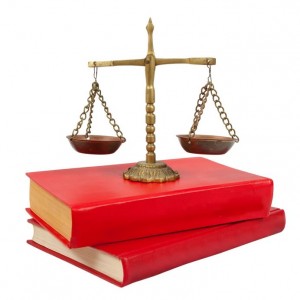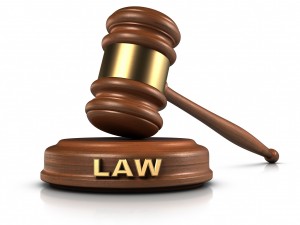If you are filing for bankruptcy, bankruptcy attorneys in Silver Spring can help you determine your exempt property under the statutory exemptions. Simply, some of your property is exempt and protected from creditors and the Trustee may not liquidate them to pay your outstanding debts. Everyone has property they want to protect during a bankruptcy, and below are the statutory exemptions provided for under the law.
Explanation Of Equity In Terms Of Exemptions
The equity you either have in your property, personal or as part of your profession, is key to determining the amount you can protect from liquidation. In essence, it is the difference between the market value of the item and what is currently owed on the item. For example, if you have a car that is worth $5,000 and you owe $3,000, you have $2,000 in equity on that property. If you are current on your payments to the creditor, the equity is covered in your exemption. However, if all of the equity is not covered by the statutory exemptions, the Trustee may liquidate the asset for distribution to your creditors.
Married Couples Filing Bankruptcy Jointly
Typically, married couples that are filing for bankruptcy jointly are each entitled to a full set of exemptions. The list of statutory bankruptcy exemption amounts below would therefore then be doubled. It is essential that you have bankruptcy attorneys in Silver Spring to help you decide which properties are best to exempt; for properties that are considered non-exempt, you may be able to keep them after filing for bankruptcy if you pay the market value to the Trustee for payment to your creditors.
Exempt Property & Special Circumstance Exemptions
Bankruptcy is a personal process, and no two cases are identical. Below is a list of Maryland exemption amounts:
* Items used in client’s trade or profession up to $2,500.
* Money payable in event of sickness, accident, injury or death
* Professionally prescribed health aids
* Household furnishings and goods up to $500.00
* $3,000 in any cash or property
* $2,500 in real or personal property
* Proceeds of life insurance
* Specific partnership interests
In addition to this list of property exemption amounts, there are special circumstances and assets that are protected under Federal Bankruptcy law:
* Retirement Funds: CIA employees, civil service employees, foreign service employees, military honor roll pensions, military service employees, railroad workers, veteran’s benefits, veteran’s medal of honor benefits. These benefits fall under federal exemptions.
* Death and Disability Benefits: government employees, longshoremen and harbor workers, war risk hazard death or injury compensation.
* Military: Deposits into savings accounts during permanent active duty outside the U.S. and military group life insurance.
Protecting assets and property during bankruptcy can be done effectively with the proper guidance of experienced legal counsel. Some of the guidelines for exemptions are set by the state, while the U.S. Federal Government sets others. Bankruptcy attorneys in Silver Spring have the expertise to help you protect the assets you desire.
Both state and Federal guidelines are used to determine the property you can keep after bankruptcy. Bankruptcy attorneys in Silver Spring can help you through the process. Consult with an attorney today to learn more about how to protect your assets and your rights during bankruptcy.




